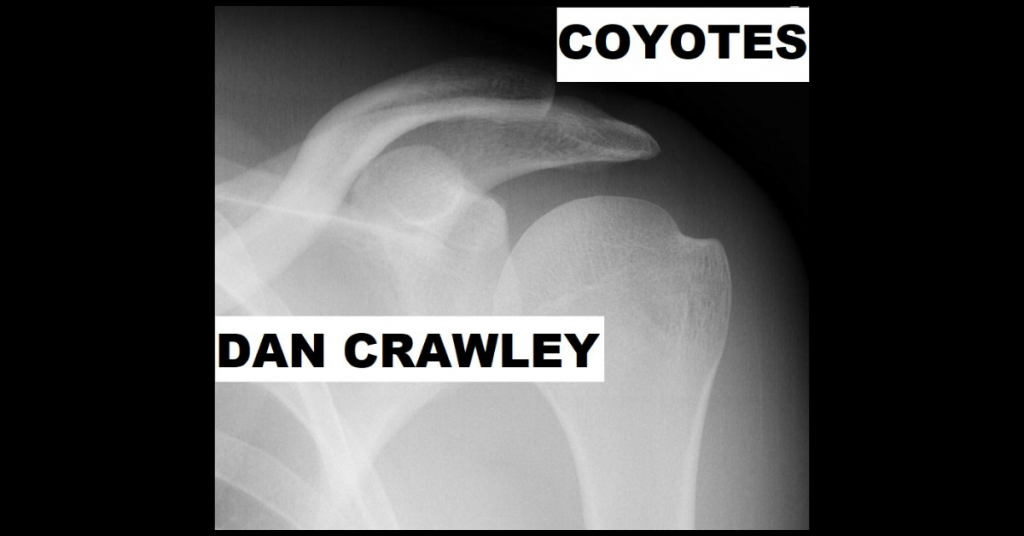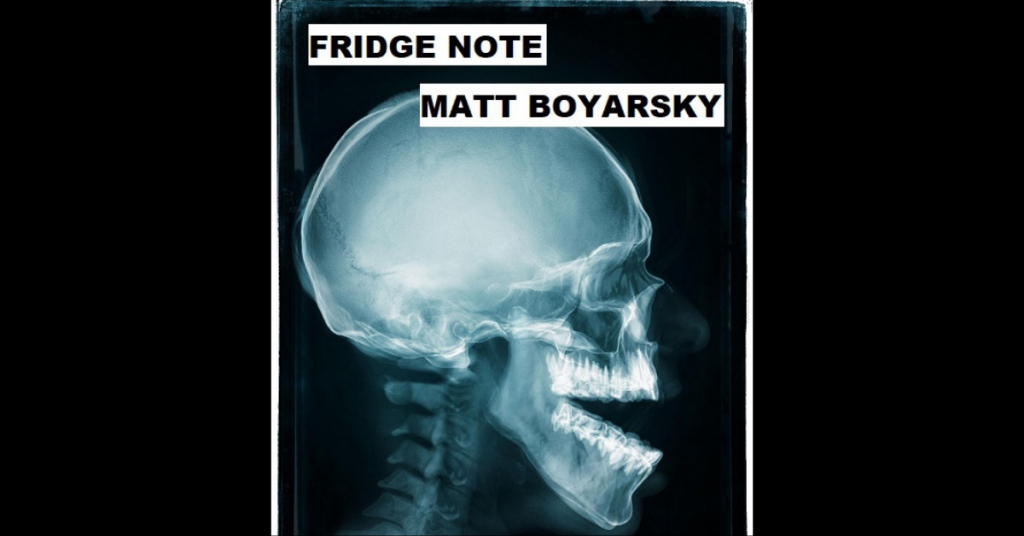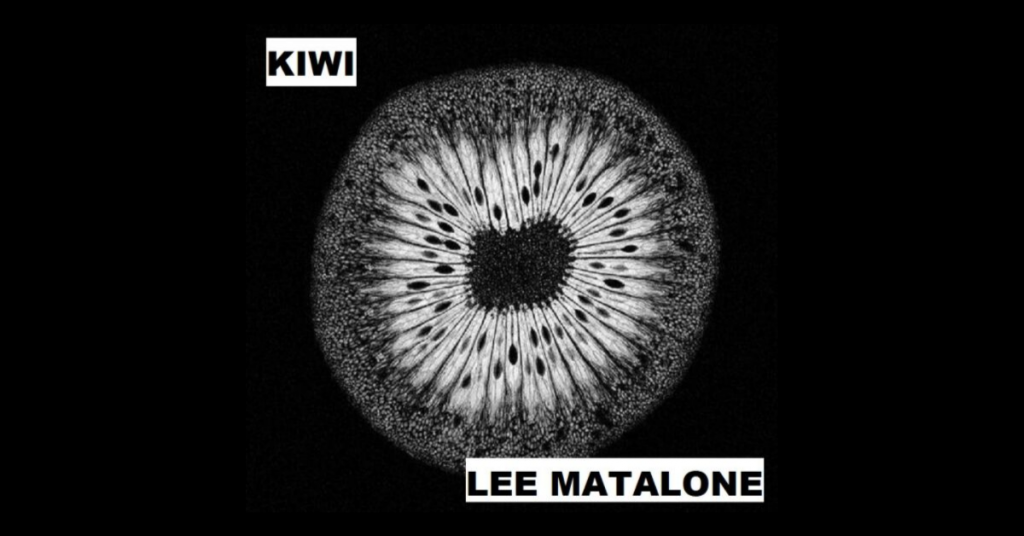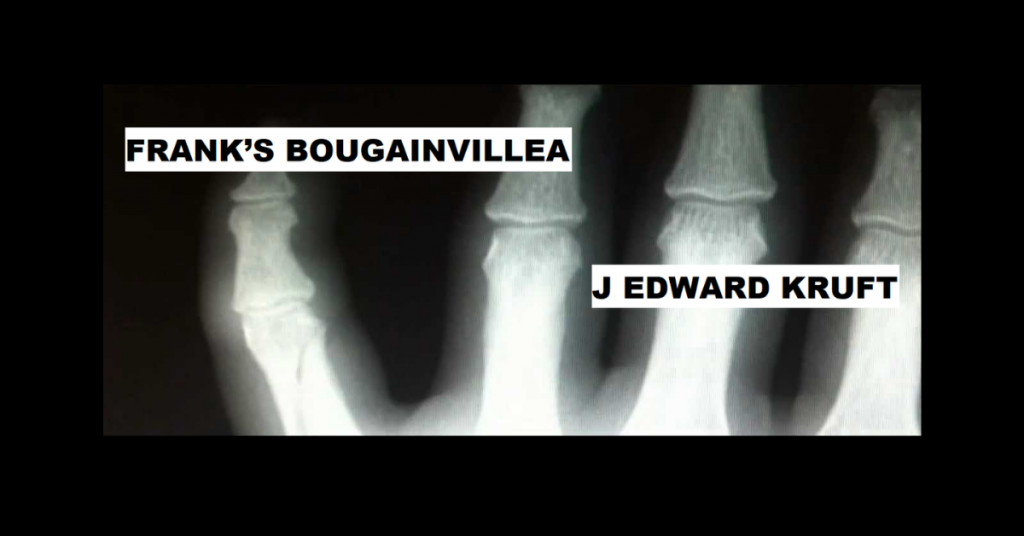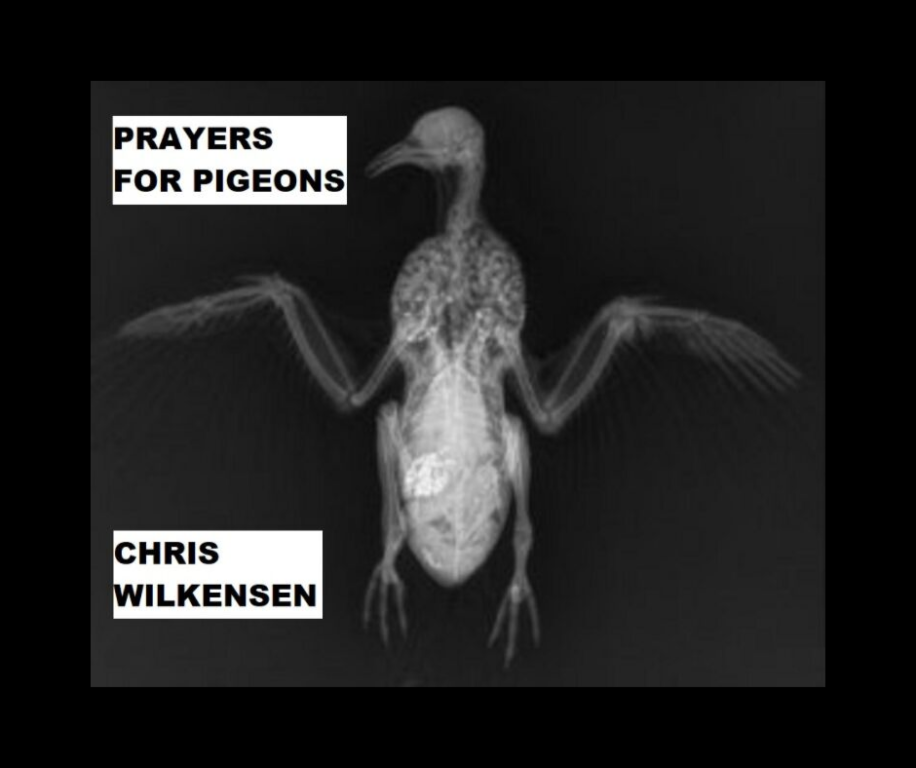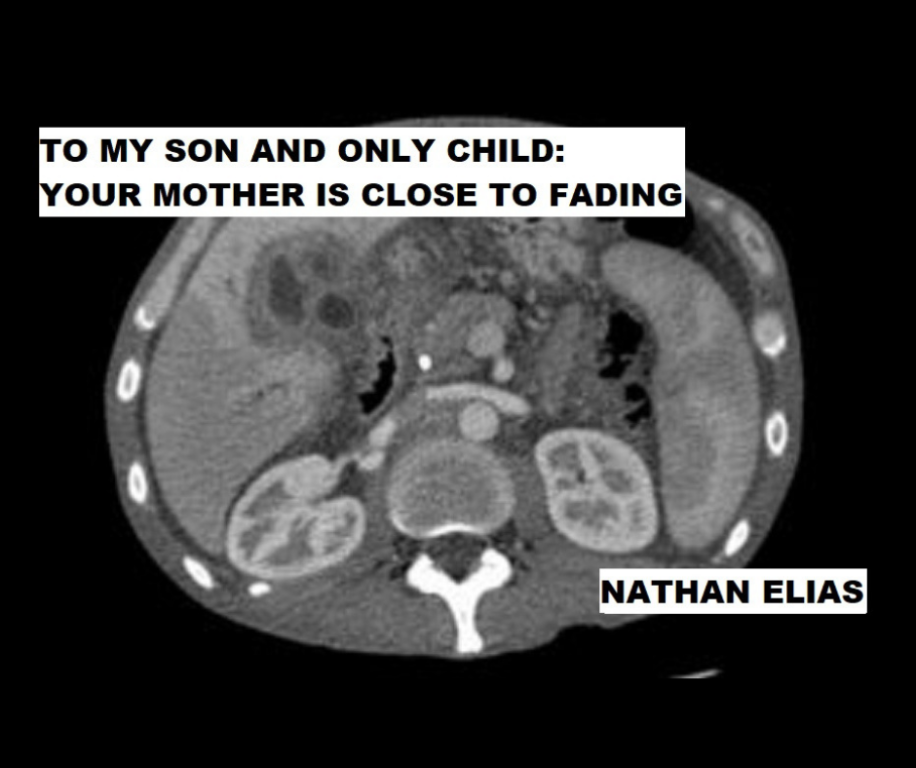
TO MY SON AND ONLY CHILD: YOUR MOTHER IS CLOSE TO FADING by Nathan Elias
This may come as a shock, but since my death I’ve spent copious hours (each hour a lifetime) relearning the laws of the living. I rediscovered what it means to mourn when you wept capriciously at the side of my casket. I’ve also reimagined gravity as the weight of my sorrows sifts through the sieve of time’s welcoming hands. But now, my boy, my final hour is upon me. The hourglass drains, and so I must transmit, as well as the dead are able, these lessons I’ve procured since the time we spoke last: The dead’s days, too, are numbered….

